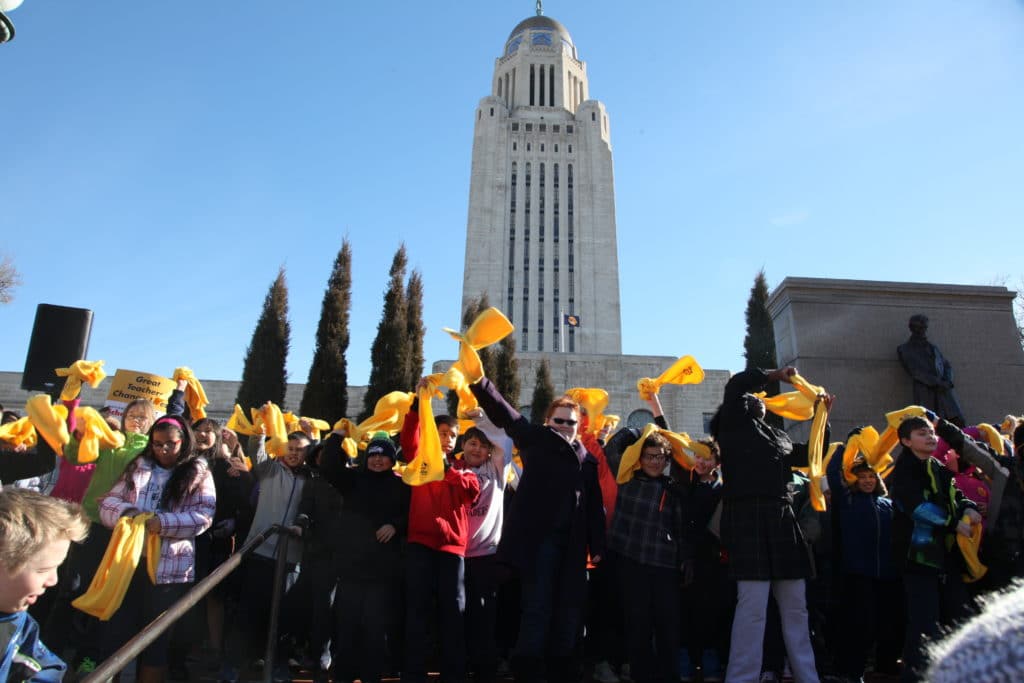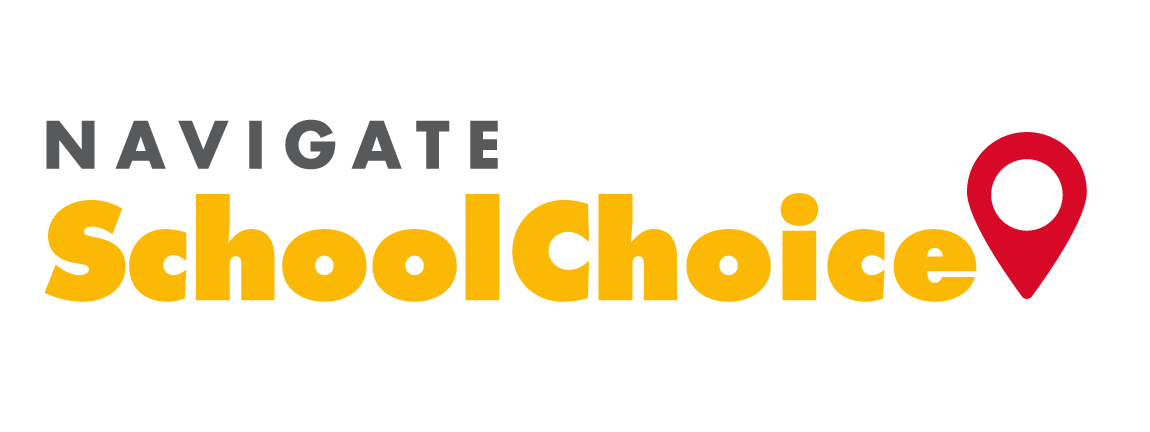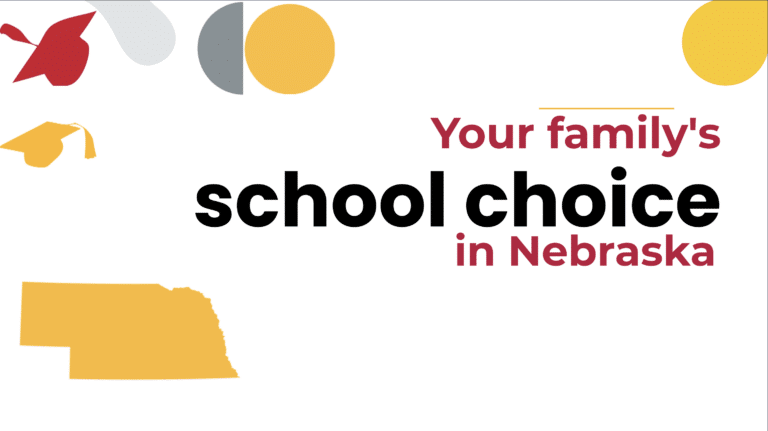Posted on Modified on Posted by National School Choice Week Team
Nebraska Introduces New Scholarship Program to Replace Opportunity Scholarship
More school choice opportunities are underway for K-12 students in the Cornhusker state! Lawmakers just passed a new scholarship program that aims to make private schooling an affordable choice for all Nebraska families in need.

What is Nebraska’s new scholarship program?
In May 2024, Nebraska introduced a new bill that replaces the Opportunity Scholarship program (which was passed in 2023 and has yet to award any scholarships) with a new scholarship program. Under this new model, eligible families will be able to receive a private school voucher which can be used for private school expenses such as tuition and transportation.
How will the program work? The bill allocates $10 million in state funding annually to provide scholarships to students. This means that instead of scholarships being provided by private non-profit organizations known as Scholarship Granting Organizations, they will now be provided by the state treasurer’s program, similar to private school choice programs in North Carolina and Ohio.
It is important to note that this legislation is different from last year’s Opportunity Scholarship Act because the funds will be given directly to the student’s parents.
Who can apply to Nebraska’s new scholarship program?
Once the program is up and running, students who received a scholarship under the Opportunity Scholarships Act will receive first priority for scholarships, as well as their siblings.
Second priority will be given to students from households with income levels of up to 185% of the federal poverty level, eligible students with individualized education programs, eligible students who are experiencing bullying, eligible students in foster care, eligible students denied option enrollment, and eligible students with a parent or guardian in an active duty role in the armed forces or National Guard.
Third priority will be given to eligible students whose household income is more than 185% of the federal poverty level but less than 213% of the federal poverty level. Fourth priority will be given to eligible students whose household income is more than 213% of the federal poverty level but less than 300% of the income guidelines for reduced-price meals.
In most cases, a student must either:
- Be transferring from a public school
- Be entering kindergarten, first, or ninth grade
- Be a dependent of active or reserve duty military personnel moving into Nebraska.
- Be receiving an education scholarship under the Opportunity Scholarship Act, or be a sibling of a scholarship recipient.
The goal of Nebraska’s new scholarship program is to offer low-income and middle-income families a school choice they otherwise couldn’t afford. Lawmakers estimate that the new scholarship program will allow about 2,000 additional students to choose private schools in Nebraska.
How much is the new scholarship amount, and where can families use their scholarships?
Nebraska’s new private school scholarships will provide families with up to about $5,000.
Families can use their vouchers at any qualified private school in Nebraska. This means a nonpublic elementary or secondary school that meets all health and safety codes and anti-discrimination provisions and fulfills the approval requirements of Nebraska’s State Board of Education.
Nebraska offers many private school options. While Nebraska is a rural state, a 2023 analysis of students in grades K-12 found that 77% of all Nebraska students in grades K-12 live within a 10-minute drive of at least one private school, and 90% live within a 20-minute drive of at least one private school.
When can families apply for the scholarship?
Currently, the new voucher program in Nebraska is still being established. We anticipate more information about Nebraska’s new scholarship program to be available as the program is set up. Stay tuned for further updates on the application process!
What will parents need to do if they have already applied for an Opportunity Scholarship?
Parents who have already applied to the Opportunity Scholarship do not need to take additional steps. If eligible, they will be notified and awarded scholarships for the 2024-2025 school year. It’s good to note that in the 2025-2026 school year, students who already received Opportunity Scholarships will automatically be eligible for Nebraska’s new scholarship program.
Where to learn more
If you’d like to learn more about Nebraska’s new scholarship program, you can keep an eye out for updates at the Nebraska Department of Education, Nebraska Opportunity Scholarship, or reach out to American Federation for Children – Nebraska for more information.
*May 2024 Legal Update: Note that a petition is in the process of gathering enough signatures to put this bill on the November 2024 general election ballot. So, a repeal of the voucher program, while unlikely, is possible. Check back for updates!



